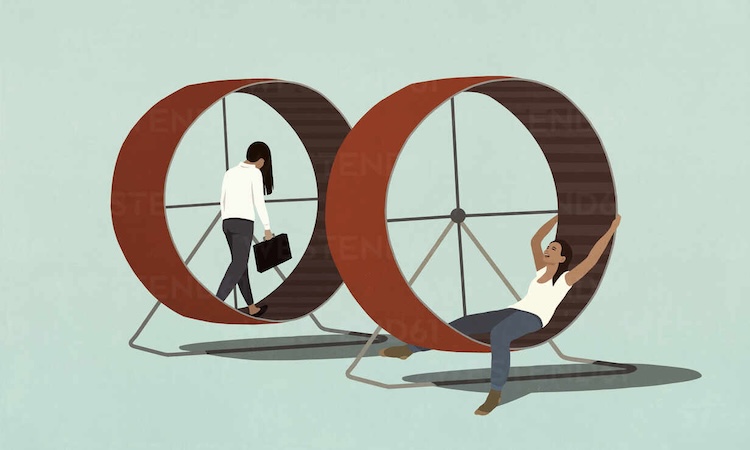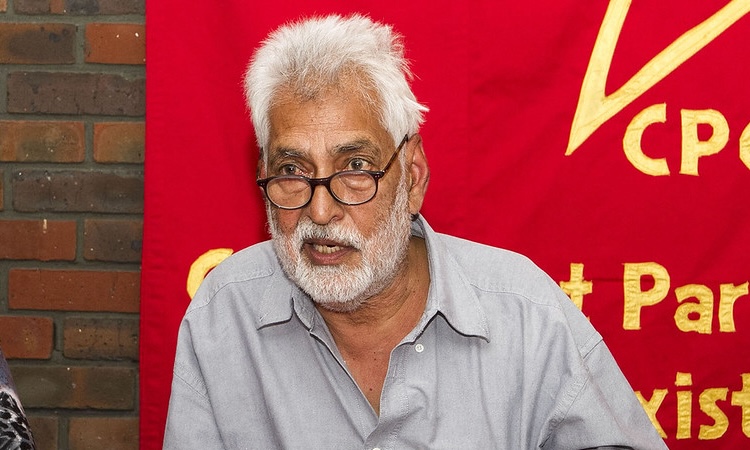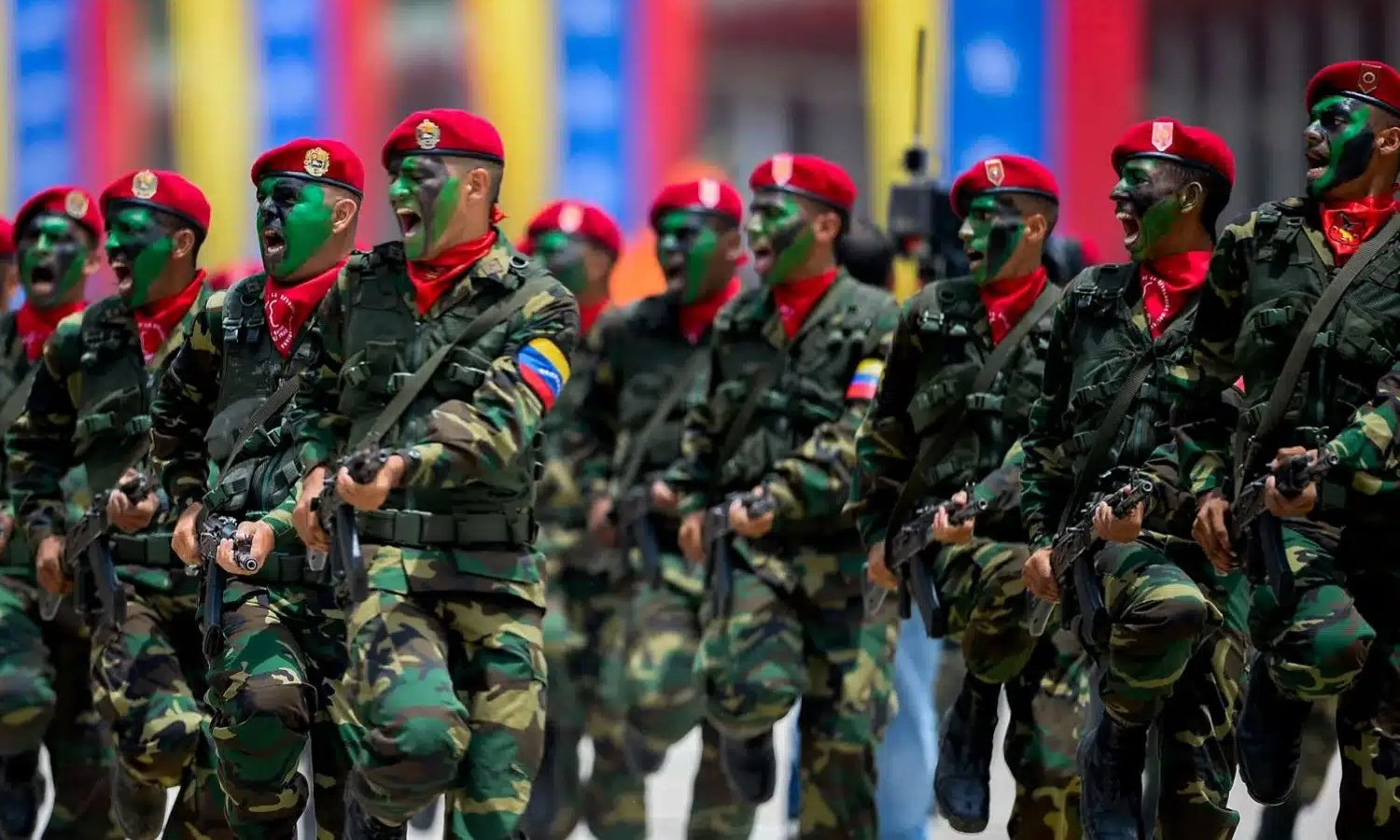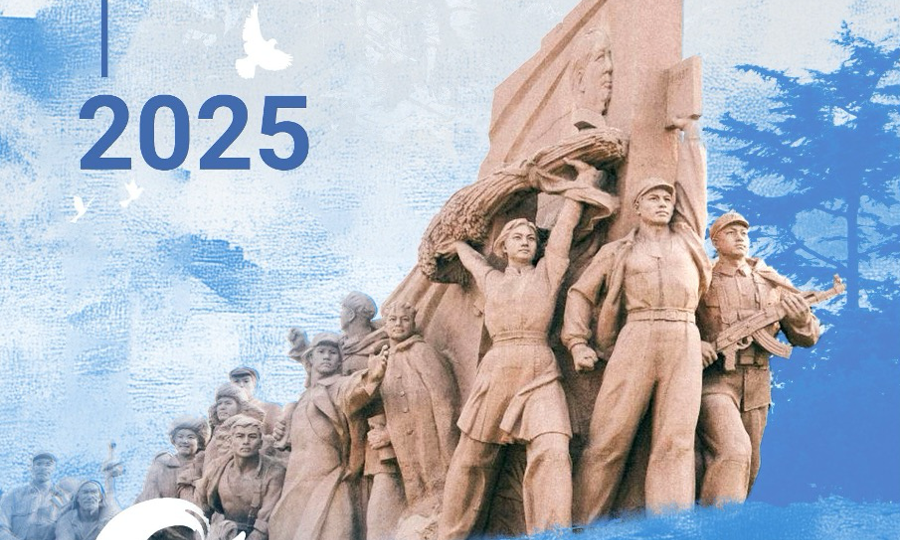The following is part of the speech delivered by Vice-chair Ella Rule to an audience of party members, supporters and guests at the CPGB-ML’s international solidarity barbecue on 28 July 2018.
Why anti-imperialism?
Finally, I would like to say a few words about our party and its anti-imperialist outlook; the reason why we support all anti-imperialist movements, and why our loyalty lies with them and not with the imperialist exploiters with whom we may share a nationality and skin colour.
Through the writings of the great Marxist-Leninists – Marx, Engels, Lenin, Stalin, Mao Zedong, Kim Il Sung and others, but particularly in this context Marx himself – we have come to the realisation that the elimination of the worst ills from which humanity is currently suffering – the bitter poverty to which millions are condemned, the curse of ever more vicious and violent wars, and the despoliation of our planet that will render it uninhabitable if it is allowed to continue – is being prevented and will continue to be prevented by the ongoing overwhelming prevalence of the capitalist system, especially as it has now reached its most corrupt and decadent stage, the stage of imperialism.
We understand that the capitalist system that was once able to do so much to improve at lighting speed the productive forces of humanity has now outgrown its usefulness and does infinitely more harm than good.
It is the absurdity of the capitalist system that, while in the search for greater and greater profits it immensely enhances the productivity of human labour, this increased productivity does not result in similarly increased living standards and shorter working hours for the labouring masses, but, on the contrary, leads to redundancy and poverty for millions, while those lucky enough to stay in work have to put in longer and longer hours.
Jobs are lost in the imperialist heartlands, devastating whole communities, as capital is exported abroad with a view to maximising profits, rendering the imperialist countries parasitic on overseas production.
Periodically, production, which must under conditions of capitalism grow constantly in order to stay still, overtakes the power of the market to consume, leading to a crisis of overproduction, plunging the world economy into chaos, causing unemployment to surge, wages to fall, and driving contending capitalist powers to war in their efforts to save themselves.
And in these wars, it is the labouring masses who suffer, who are the cannon fodder, whose homes, livelihoods and infrastructure are destroyed, and whose lives are lost through the bombing of civilians, while the super-rich enhance their profits through arms sales.
It seems a no-brainer that the market system of economy maintained by capitalism has to be removed, and that a system of economic planning designed to serve the interests of the labouring masses must be instituted, but this will not happen of itself, and will not happen without a huge upheaval.
The only force capable of overcoming the resistance of the tiny minority of the population who benefit from the continued existence of capitalism is the revolutionary force of the labouring masses, which in turn requires a worthy revolutionary leadership to give it direction.
Building a revolutionary party
However, that revolutionary leadership does not appear magically overnight as and when it is needed. It has to be meticulously gathered, trained and prepared over many years, during which not only do cadres have to teach themselves and be taught the science of Marxism and what one might call revolutionary craft – such as how to avoid the various opportunist traps that divert people away from the path of revolution – but also have to work hard to forge links with the masses so that when the time comes when it is possible for revolution to succeed, the masses will know where its revolutionary leadership is to be found.
Our young party cadres here today are among those who have signed up for the arduous task of preparing an effective party of the proletariat, an effective communist party, to give direction to the revolutionary masses, and to the equally arduous task of making themselves fit and worthy people to serve the masses through dedicated study of Marxism and revolutionary history, and undergoing the sometimes extremely painful process of discarding long-held bourgeois prejudices.
To forge links with the masses, our comrades must also give time and effort to participating in mass struggles against the iniquities of capitalism, all the while sharing with the masses their hard-won political understanding relevant to the struggle in question.
As a result, our cadres are committing themselves to a life in which there is never enough time to do all that needs to be done. Yet they must learn to live with that, to prioritise ruthlessly, and to serve to the very best of their ability.
The demands that the necessities of the situation make on them are so high that in all probability not all of them will be able to stay the course, but, for those who do, their precious reward is to know that, like the heroes and martyrs of previous revolutionary movements, they are at the forefront of the march forward of history, giving their all to the noble cause of leading humanity to its new truly civilised stage, making their own lives a worthwhile enterprise.
I would therefore like to end my speech today by celebrating our young comrades on whose shoulders will rest the future of the socialist revolution in Britain. Dear comrades, we salute you.
















